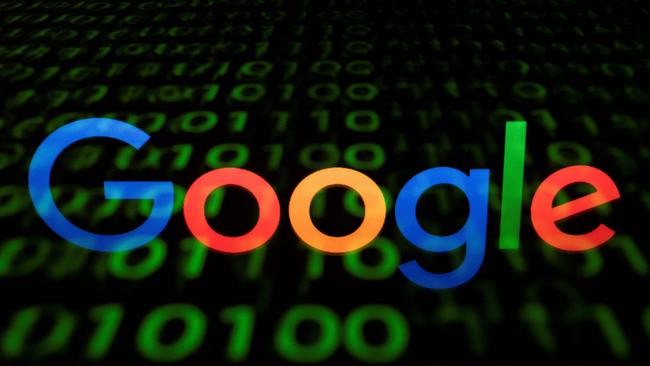
That it reset the digital revolution is beyond doubt.
Fourteen years on, the time has come to prepare, if not for a second revolution, then at least the end of an era, when, in early 2022, an essential building block of the internet all but disappears.
In six months Google’s Chrome browser, which is the gateway to the internet for most Australians, will block third-party cookies. These are small text files that form the foundation of digital communications.
The internet giant says it’s removing third-party cookies as part of new, improved measures for privacy and data it claims are more in line with consumers’ current internet use and expectations.
This premise, it should be noted, is not universally accepted and remains a point of debate.
But what’s clear is this revolution will significantly change how businesses operate in the digital world, altering forever how they reach and connect with consumers who buy their products and services.
The upshot? All businesses that use the internet need to rethink how they buy, sell and communicate on the internet.
Business risks abound but, for the astute, great opportunities will be found for companies to build even closer links with their consumers as the internet world moves from third-party cookies to a new era where first-party cookies come into their own in digital marketing and advertising.
This will change the business model for every company, large and small.

Directors and the C-suite of corporate Australia’s senior executive ranks will need to pay the closest attention to what’s happening. This is a burden that will also fall on the countless small and family businesses that use the internet.
This is a topic that needs to be of vital interest to both the big and small ends of town. It’s one that poses profound challenges, even though consumers will see no change at all.
The fact is the vast majority of Australia’s businesses use third-party cookies in their digital success.
That’s been the case since their inception in the mid-1990s, when cookies quickly became a key tool to help businesses find and target consumers as the great online exodus began for information and entertainment.
Now, we’re six months to midnight. Those without a plan will need one – and fast.
Agility and quick thinking is the order of the day.
Technically, cookies are placed by a server on your internet browser to capture consumer behaviour on websites. The browser sends data from this text file back to the server. The server stores this information about your browser and can also send it to other servers.
There are two types.
Third-party cookies are those placed on your computer while you’re browsing a site by someone other than the owner of the site – hence the name.
Critical business-building functions, which companies now take for granted, all rely on third-party cookies. This is especially so for granular audience targeting of which consumers are likely to buy what specific product, as well as click-based measurement technologies that count how many interactions an advertisement generates as a measure of its success.
From early next year those ways of targeting potential customers will no longer exist. Gone. Forever.
That click-related measurement will disappear too.
Make no mistake, this represents a revolution. The internet’s ancient regime is about to be dunked in history’s dustbin.
Luckily, not all cookies are created equal. The cookie family has another member, first-party cookies, which the change will leave unaffected.
Like third-party cookies, they’re also essential to how most sites run.
In this case, however, site owners, with consumer consent, collect valuable first-party, anonymised data about their consumers’ interests and preferences.
It’s how a site remembers your login information and content preferences; it knows what you clicked on and viewed, which information and advertisements appealed and which didn’t, because of first-party cookies.
For marketers, when it comes to data, it doesn’t get any better.
Given the widespread knowledge of the impending change, canny holders of first-party data have worked hard over recent years to enhance the tool kit for companies and their marketers, fine tuning data, customer segmentation and measurement.
For most businesses, understanding consumer behaviour provides deep insight into individual customers and their interests.
It not only reveals individual interests but often what products a consumer intends to buy, even when and where.
This first-party connection gives advertisers the ability to target those audiences across a media owner’s entire network.
Much speculation and a lot of spin exists about the end of third-party cookies. But be assured this is the biggest technology change that companies must address in 2021.
Michael Miller is executive chairman of News Corp Australasia.




The day the first iPhone was sold – June 29, 2007 – looms large in the history of the internet.